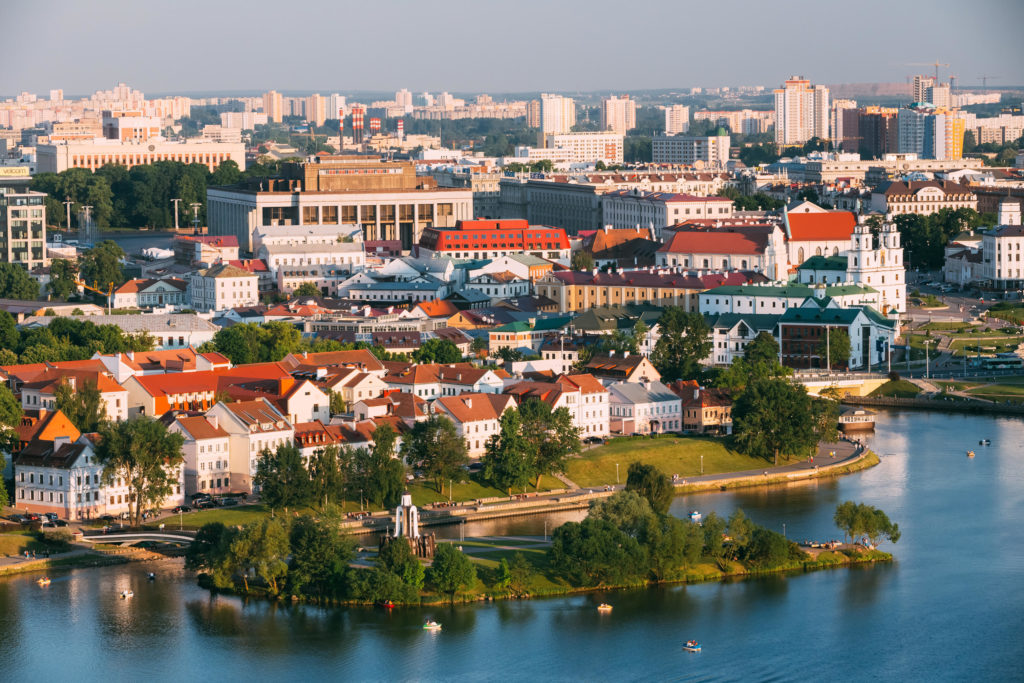Belarus’s central bank has raised its key refinancing rate to 12 percent from 9.25 percent from March 1 in a move to curb the further deterioration of the financial situation amid sanctions imposed by the West over Minsk’s position towards Russia’s aggression against Ukraine.
The bank raised the overnight loan rate to 13 percent and the overnight deposit rate to 11 percent.
“The decision taken is aimed at maintaining financial stability and limiting inflation, the risks of which have increased against the backdrop of a sharp aggravation of the geopolitical situation and sanctions adopted by a number of Western countries against the Russian Federation, Belarus’ main economic partner,” the central bank said in a statement.
The bank said it would continue to take the necessary measures to ensure financial and price stability, “taking into account the development of the foreign policy situation, based on continuous monitoring of emerging trends in the foreign exchange and deposit markets and assessment of inflationary risks.”
In February, the central bank said it planned to keep the refinancing rate in a range of 9-10 percent and expected annual inflation to slow down in the second half of this year and reach its target level of 6 percent by the end of 2022.
Consumer prices in Belarus were up 1.5 percent in January from a month earlier after rising 0.9 percent in December. Annual inflation in January was 10.4 percent.
The central bank raised the key rate in July last year to 9.25 percent and had not been reviewing its decision since then,
The central bank also suspended the calculated values of the standard risk (RVSR) from March 1.
“In the current conditions, when the uncertainty in the markets has increased and banks will need to look for a new level of equilibrium, respond flexibly to the situation, make decisions quickly, the RVSR can already serve the opposite somewhere,” the central bank said.
In March 2020, the central bank cancelled the RVSR on bank deposit rates, which allowed them to adjust to the new conditions, offer customers the rates that corresponded to the changed financial environment amid the COVID-19 pandemic and restrictions.
The economy of Belarus expanded by 2.7 percent year-on-year in January, supported by growth in manufacturing and industries, despite sanctions imposed by the West last year.
According to the World Bank’s latest forecast, Belarus’s GDP is projected to contract by 2.8 percent in 2022 and return to growth at 2.3 percent in 2023.
The International Monetary Fund (IMF) projection stands at 1.3 percent in 2022. Annual inflation is projected at 7.1 percent this year.
Fitch, which rated Belarus’s long-term foreign-currency Issuer Default Rating (IDR) at ‘B’ with a Negative outlook, forecast economic growth to slow to 0.3 percent in 2022 as base effects dissipated and the impact of sanctions intensified.

